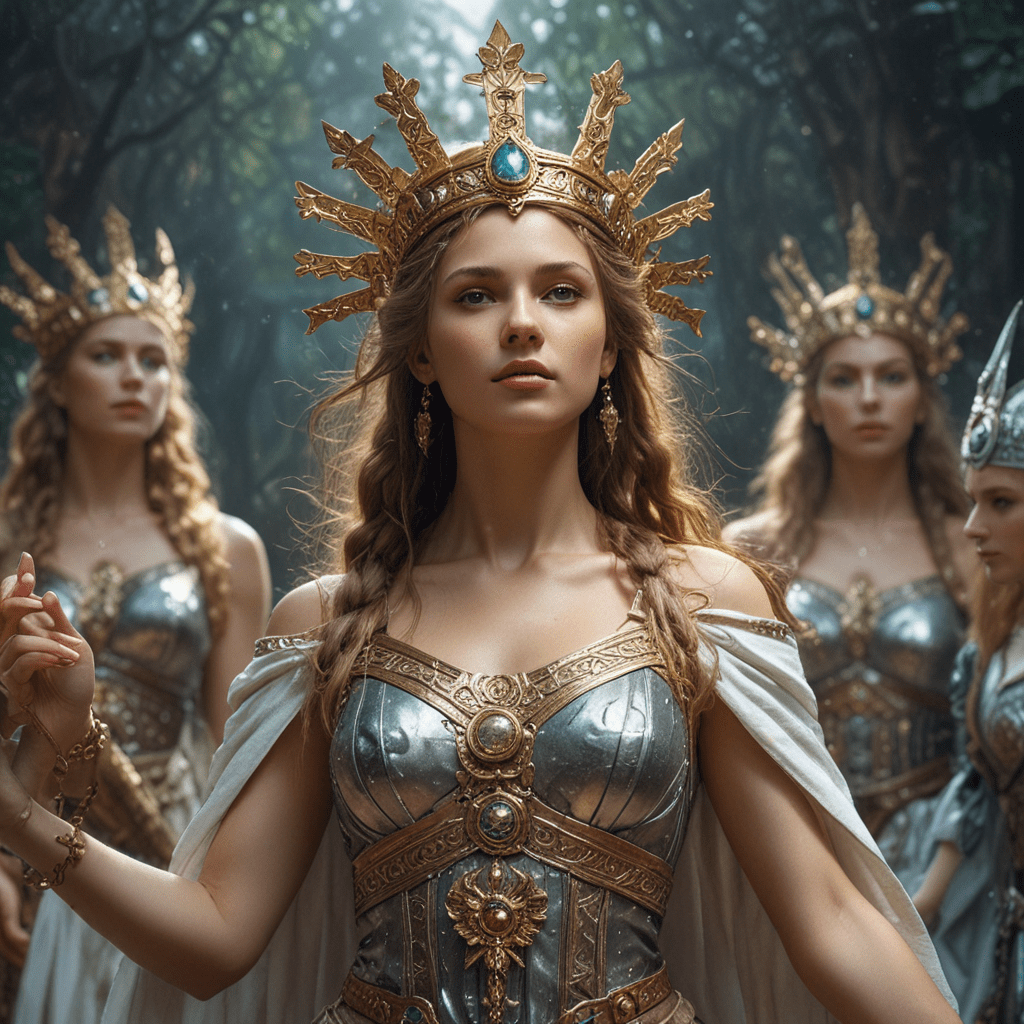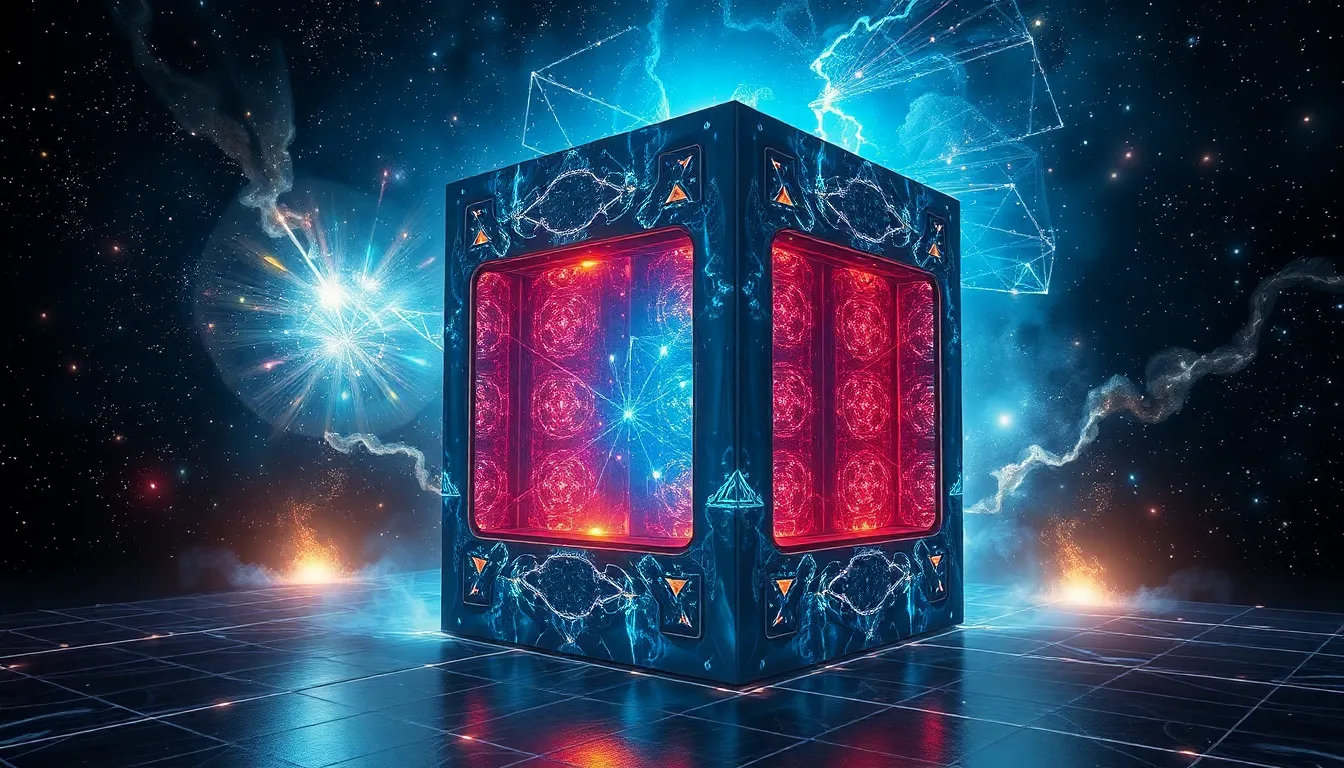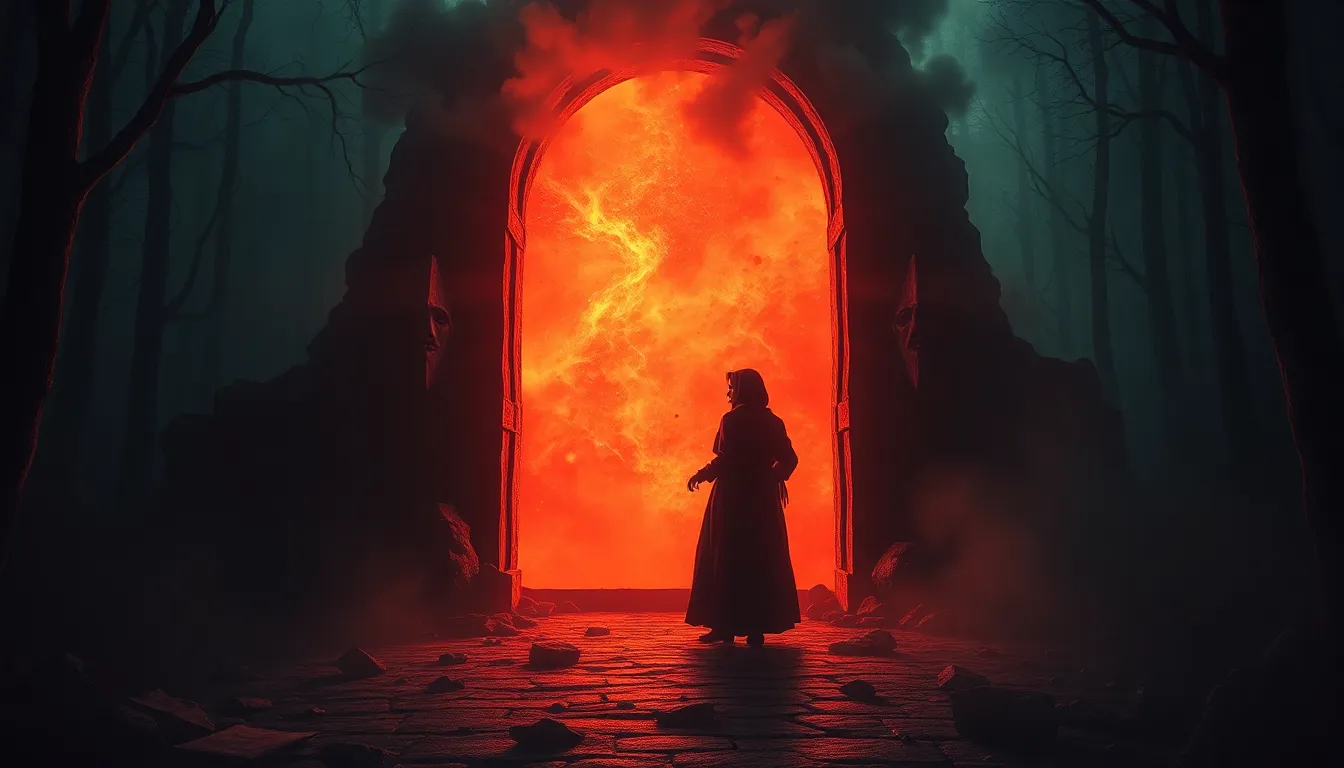figure, presiding over the inevitable transition of life to death. As the God of Death, he embodies the natural cycle of existence and embodies the divine force that guides souls to their afterlife destinations.
Origins and Family
Yama is often depicted as the first-born son of Brahma, the creator god, and his consort Kashyapa. In some versions, he is also connected to the solar deity Surya, who is said to be his father through the sage Kashyapa. His siblings include Lord Vishnu, the preserver god, and Lord Shiva, the destroyer god, highlighting his prominent position within the Hindu cosmology.
Appearance and Attributes
Yama is typically portrayed as a majestic and imposing figure. He is often depicted in striking reds and black hues, symbolic of his association with both death and regeneration. His iconic attributes include a staff with a buffalo head, known as the Kala Danda, and a noose, symbolizing the inescapable nature of death. Yama is also accompanied by his messenger, Chitragupta, who records the deeds of mortals and determines their fate after death.
Role as the God of Death
Yama serves as the guardian of the underworld, known as Pitraloka or Naraka. Upon the departure of a soul from its physical body, Yama welcomes the deceased and guides them to their appropriate afterlife destination based on their karmic actions. He is responsible for administering justice and deciding whether a soul ascends to heaven, descends to hell, or reincarnates into a new life form.
Dharma and Punishment
Yama is the embodiment of dharma, the cosmic order and ethical law. He upholds justice and morality, ensuring that souls receive their rightful punishments or rewards based on their actions in life. Those who have lived righteously are granted access to heavenly realms, while those who have committed heinous crimes face consequences in hellish domains.
Relationships with Other Deities
Yama's position as the God of Death places him in close association with other deities. He is often depicted alongside his wife, Subhadra, who represents peace and prosperity. Yama's brother, Lord Vishnu, is responsible for preserving the balance of life and death, while Lord Shiva embodies the destructive force that allows for renewal and transformation.
Symbolism and Metaphor
Yama's portrayal in Hindu mythology is rich in symbolism and metaphors. His association with the color red signifies the blood that accompanies death and sacrifice, while his black complexion represents the unknown and mysterious nature of the afterlife. His staff with the buffalo head symbolizes the strength and authority of his role as the guardian of the underworld.
Rituals and Worship
Yama is revered and feared in Hindu culture, and rituals are performed to honor and appease him. One such ritual, known as Yama Tarpan, involves offering water and prayers to Yama to seek his blessings and protection. During the Diwali festival, Yama is worshiped as the savior from harm and is offered sweets as a symbolic gesture of reverence.
Legacy and Cultural Impact
The myth of Yama has had a profound impact on Hindu society and culture. His image as the God of Death has shaped beliefs about the afterlife and the consequences of actions. Yama's teachings on dharma have influenced ethical and moral practices, and his presence in literature and art continues to inspire awe and contemplation.
FAQs
- Who is Yama?
Yama is the Hindu God of Death, who guides souls to their afterlife destinations based on their karmic actions.
- What are Yama's attributes?
Yama is depicted as a majestic figure with a buffalo-headed staff, a noose, and a crown of skulls. He is often accompanied by his messenger, Chitragupta.
- What is Yama's role in the underworld?
Yama presides over Pitraloka, the underworld, where he welcomes souls and determines their fate based on their deeds.
- Why is Yama revered in Hindu culture?
Yama is both feared and respected in Hindu culture. He embodies the natural cycle of life and death and upholds justice and dharma.



